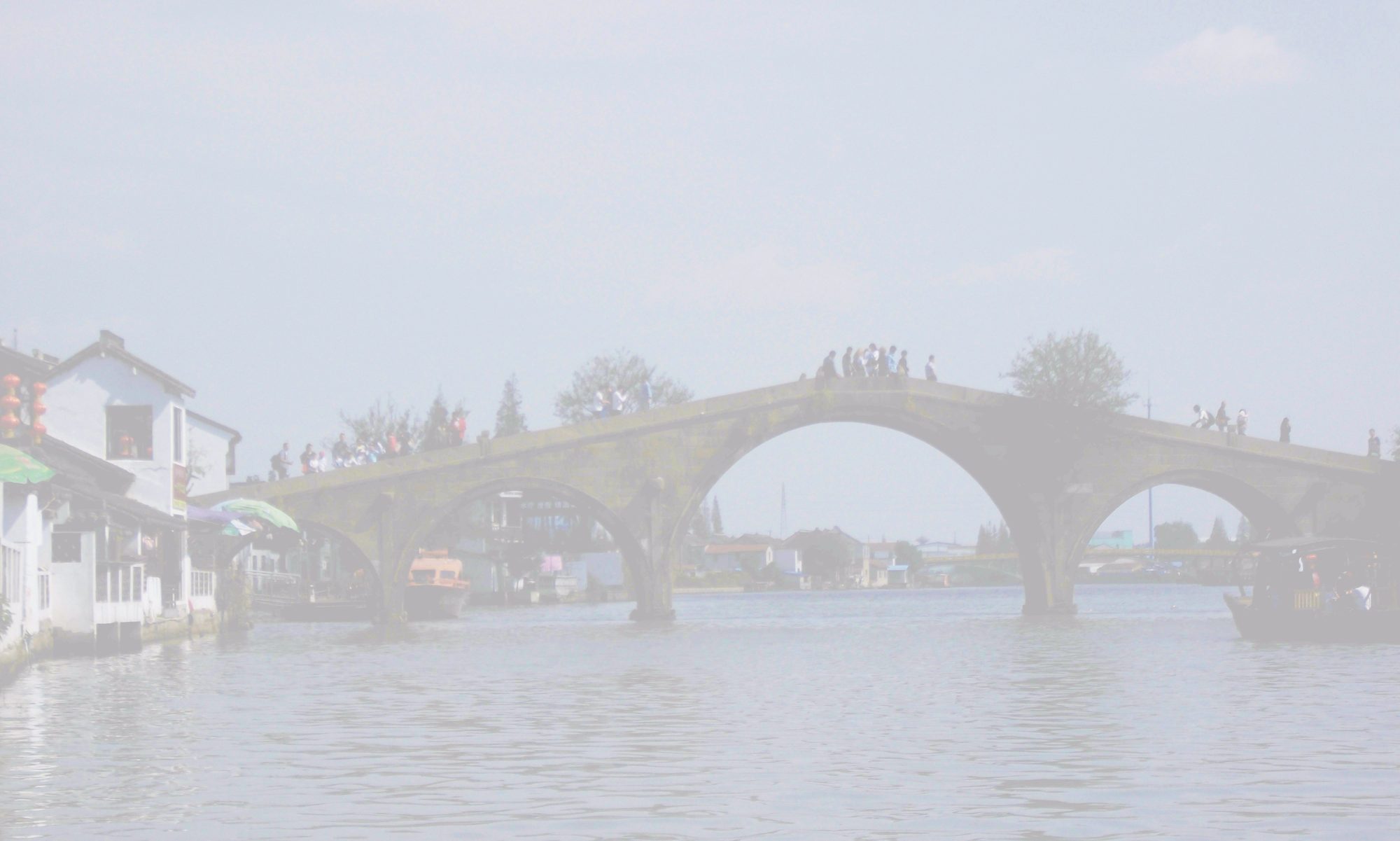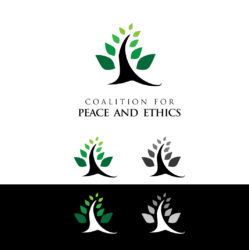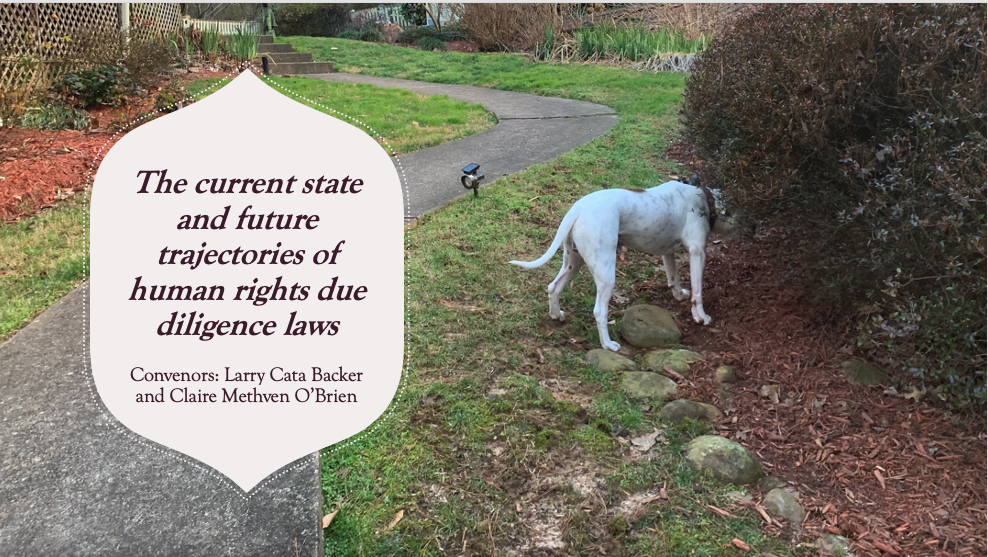Abstract
This volume brings together some of the most innovative and forward-thinking academics, practitioners, and commentators, from universities, non-governmental organizations, business, and government to collectively contribute to a deeper understanding of the emerging law of due diligence, especially as it touches on the human rights and sustainability elements of economic activities whether undertaken by public or private organizations. Since its first authoritative transposition into the regulatory context of business and human rights, the concept of due diligence has proven to be a remarkably resilient and versatile instrument. It has provided the structuring for the process of embedding human rights and then sustainability issues (including climate change) into the compliance and accountability regimes of business. It has also become the most important means for states, international actors, and others to develop a basis for a normative component to due diligence, one that aggregates the forms of due diligence with its purpose. The concept of due diligence also bridges a number of regulatory gaps–between public and private law systems; between markets driven societal behavior management and regulatory and publicly administered systems of compliance and accountability; and between international hard and soft rule making and the constitutional systems of states. The essays are divided into four broad sections, The first focuses on the elaboration of a conceptual framework. The second explores the operationalization of this conceptual foundation in and beyond the UN Guiding Principles for Business and Human Rights. Section three then shifts the lens to a deeper exploration of contemporary efforts to legalize due diligence. The volume ends with a consideration of tendencies, tensions, opportunities, and challenges in the legalization of corporate human rights due diligence.
Volume Concept Note
“Due Diligence” has long been understood as a prudential concept. Its principle and demand is well embedded in its meaning. Diligence speaks to obligations of attentiveness, and care. The origins of the word also note its connection with singling out and privileging something to which attentiveness and care is required. The extent of that responsibility for attentiveness is embedded in notions of what is “due”. The concept of what is “due” in a particular situation or to a particular person or object in law has a long history in the West. It might be most acutely cantered on notions of justice as a contextual principle deeply grounded in the social expectations of a particular community. Justinian’s Institutes speak quite pointedly to this connection. If “Jurisprudence is the knowledge of things divine and human, the science of the just and the unjust” (Institutes Book 1, tit. 1.1), then “Justice is the set and constant purpose which gives to every man his due.” (Ibid., tit. 1). What is due, then, is what society expects is owed from one to another–a debt–but also what is expected in the context of conduct.
Generally, the concept of due diligence in law is connected to a broad harm principle. If legal persons are responsible for the harms they cause, then the diligence that is due in any context of human activity is one that minimizes the potential for harm. That is, due diligence touches on the care that a person ought to exercise to avoid harm to other persons or to their property, rights, or interests. The nature of that duty is highly contextual–with reference to the person on whom the duty falls, the actions undertaken that produces a risk of harm, the nature of the harm, and the expectations of harm minimizing action that ought to be undertaken. The diligence that is “due”, then, is one that is required under the circumstances and as a function of the actors affected and the character of the action which may produce a risk of harm.
In the financial and business sphere, due diligence has long been understood as a process of verification, investigation, or audit connected to an economic transaction. That transposition from notions of generalized harm, and the social expectation of risk mitigation or prevention in the face of socially privileged harm, was most influentially undertaken in the first third of the last century. Then, in the context of a global financial crisis, the United States enacted due diligence as the foundational concept through which it would order and manage its financial markets. The concept was embedded in legal requirements for reasonable investigation in the US Securities Act of 1933 (§ 11b3) as a “due diligence” defense, which could be used by broker-dealers when accused of inadequate disclosure to investors. Since the 1930s, the concept quickly expanded to become a normal practice expectation in business transactions. But the scope of the concept was limited to the understanding of those forms of risk that were then privileged–generally financial risk as it might be evidenced or extracted from the financial reporting of economic actors. The relationship between the diligence that was “due” and the underlying normative framework (to whom or under what circumstances is diligence due) for privileging the scope of actions that merited attentiveness were thus nicely interlocked.
By the turn of the century, the concept of “due diligence” has become deeply embedded in the practices and expectorations of business. Its most interesting expression was as an embodiment of conduct expectations around the responsibilities of members of corporate boards of directors to appropriately monitor enterprises especially with respect to legal compliance risks (though to a lesser extent business risk). These expectations were embedded in the development of principles of monitoring obligations as part of the director fiduciary duty of care. In this context that scope of the duty quickly expanded to also bring in notions of good faith and loyalty. At the same time, due diligence notions were also, and to some extent, remarkably brought into the public administrative culture as federal prosecutors in the US Department of Justice increasingly developed informal guidance for the exercise of prosecutorial discretion grounded in expectations of the development and operation of compliance systems that met certain minimum requirements. By the beginning of the 21st century, then, the principles of due diligence had become both deeply engrained in business practice, and increasingly tied to public law sensibilities respecting compliance oriented expectations of institutionalization of due diligence in systems of monitoring based decision making.
While this development was originally tightly contained with the arena of legal compliance, it was also clear that the practices and institutions of due diligence in business could also be applied to business risk and market expectations, as well as any expansion in legal compliance regimes. At the same time, the institutionalization of compliance and accountability principles around the concept of due diligence suggested that while some risk might be encouraged, other categories of risk might not be. It is in that context that the debate about the expectations of economic activity with negative human rights impacts began to develop in the late 1990s and early 21st century. At the heart of the debate were two issues. The first was the utility of using concepts and practices of due diligence to capture risk and costs beyond financial risks and costs of production. The second wads the extent to which such an expansion was better realized through private activity (in and thought markets) or through public regulation (overseen by the administrative bureaucracies of states).
This tension was address by John Ruggie in the crafting of his by now iconic three Pillar framework for the embedding of human rights in economic activity. In his 2008 Report to the Human Rights Council (Protect, Respect and Remedy: a Framework for Business and Human Rights, A/HRC/8/5) he focused the sensibilities, principles, and operation of due diligence on the private sector–to markets — by inserting a responsibility to engage in human rights due diligence for business as part of their overarching responsibility to respect human rights.
“To discharge the responsibility to respect requires due diligence. This concept describes the steps a company must take to become aware of, prevent and address adverse human rights impacts. Comparable processes are typically already embedded in companies because in many countries they are legally required to have information and control systems in place to assess and manage financial and related risks. ” (Ibid., ¶ 56).
Ruggie captured the essence of due diligence in its transposition to human rights affecting economic activities of business. That included its character as a prudential principal, one that triggered greater attentiveness on the risks of human rights harms. That attentiveness would be contextually framed and deeply grounded in the social expectations of the international community and its normative principles built around the International Bull of Human Rights. These were to be realized through the development and use of systems built on overarching policy, impact assessments, the integration of diligence into the decision processes and risk assessments of economic activity, and tracking. To a significant degree, the approach represented a revolution in the way in which business would approach the issue of risk, it represented the coordination of economic and administrative sensibilities around the curation and toleration of risk, –from encouraging business risk to systems of risk aversion grounded in the approach, borrowed from public law and public administrative culture of “prevent, mitigate, and remedy.” At the same time, it suggested a core set of principles within which such due diligence could be legitimated.
At the same time, for many, the decision to focus this due diligence on the private sphere appeared to leave room for improvement. That improvement would focus on the transposition of the concepts and approaches, as well as the principles, of human rights focused due diligence in eco nomic activity, from the private to the public sphere and from the structures of the market to the institutionalized administrative regulatory framework of the state. That ambition, to extend the larger project of legalization of economic activity to the business of human rights effects, and to do it under the risk parameters of the prudential prevent-mitigate.-and remedy principles, has begun to be realized. States have increasingly sought to legalize some or all of the responsibilities of business to respect human rights. And in many cases have sought to effectuate that project of legalization through the device of human rights due diligence. The result points to a new sort of public-private partnership. It is one in which public bodies serve as the norm-objectives providers and the auditors of compliance, but in which the operationalization of due diligence regimes and the systems needed to undertake the practices far onto business throughout their global production chains.
These developments are in their infancy. They point to further revolution not merely in the context of the incorporation of human rights as a cost-value of economic activity, but also in the way in which law is understood and applied, in the role of private law within companies now vested with a legal duty of due diligence, and in the very nature of the concept of the legal as systems of due diligence increasingly become data driven in order to fulfil their function as a means of accountability to both internal and external stakeholders, including the state and its administrative organs. A deeper exploration of the emerging systems of due diligence legalization, especially in the context of human rights and business, then, is both timely and necessary.
Important contemporary trends underscore the importance of due diligence as both method and compliance-accountability norm. Due diligence is rapidly becoming a powerful tool in efforts to embed human rights and sustainability norms law in the activities and decision-making processes of economic actors–corporations, financial institutions, and other entities. In proposing a Directive on Corporate Sustainability Due Diligence, the European Commission (2022/0051 (COD)) explained:
“Using the existing international voluntary standards on responsible business conduct, an increasing number of EU companies are using value chain due diligence as a tool to identify risks in their value chain and build resilience to sudden changes in the value chains, but companies may also face difficulties when considering to use the value chain due diligence for their activities. . . Mostly large companies have been increasingly deploying due diligence processes as it can provide them with a competitive advantage. This also responds to the increasing market pressure on companies to act sustainably as it helps them avoid unwanted reputational risks vis-à-vis consumers and investors that are becoming increasingly aware of sustainability aspects.” (2022/0051 (COD), supra).
Some European States have enacted statutes imposing due diligence requirements for the activities of large enterprises. These include France (Loi relative au devoir de vigilance, 2017), Germany (Sorgfaltspflichtengesetz, 2021). Other EU Member States (Belgium, the Netherlands, Luxembourg, and Sweden) are planning to do so in the near future. In addition, other regulatory efforts, like the Non-Financial Reporting Directive (Directive 2014/95/EU) require companies to report on how sustainability issues affect their performance, position, and development, as well as how such issues impact on people, and the environment.
Due diligence is a central element of the UN Guiding Principles for Business and Human Rights and the UN Framework’s Second Pillar, corporate responsibility to respect human rights. Its driving idea has been to align corporate activities with international normative human rights and sustainability standards, hence addressing governance ‘gaps’ associated with globalization, promoting economic activity that treats all parts of global value chains with equal respect. The specific objectives of human rights due diligence in the UNGPs are to identify, prevent, mitigate, and account for how companies address their adverse human rights impacts. The process includes assessing actual and potential impacts, integrating, and acting on those findings, tracking responses, and communicating with others about how those impacts were addressed. In addition, human rights due diligence would make it easier to adopt appropriate policies of prevention, mitigation, and remediation, by identifying classes of activities with potential to human rights.
This volume brings together some of the most authoritative academics, practitioners, and commentators on business and human rights. . Collectively, through this volume, these analysts will contribute to a deeper understanding on the emerging law of due diligence, especially as it touches on the human rights and sustainability elements of economic activities, whether undertaken by public or private organizations. These essays will weave together the emerging trajectories of due diligence and its critical role in framing contemporary systems of human rights and sustainability measures.
The work is divided into four broad sections. In the first section the project editors undertake a deeper conceptual study of the phenomenon of legalization of due diligence and seek the frame the issues and future course of the development of due diligence as a concept, as a process and as a tool of policy and implementation of this project. Section 2 explores the sources of human rights due diligence in and beyond the UNGPs, with a focus on public international law, international human rights law, international environmental law, and civil law.
Section 3 then shifts the lens to a deep interrogation of contemporary efforts at legalization within domestic legal orders. The focus here is on supply chain due diligence laws (France, Germany, the EU); US measures that embeds due diligence measures into trade, sanctions, and foreign relations law; its insertion into contract provisions; its reception in the domain of public economic activity, including state procurement; the role thematic due diligence laws and non-financial reporting laws in promoting due diligence; and how the OECD Guidelines contribute to legalization of due diligence in domestic legal order and practice. Section 4 ends the volume with a consideration of tendencies, tensions, opportunities, and challenges in the legalization of corporate human rights due diligence. Human rights due diligence, which started as a way for enterprises to proactively manage potential and actual adverse human rights impacts in a markets-driven compliance environment, has become a quite flexible tool used by states, enterprises, and other actors to both frame the normative structures for corporate compliance and the means for its elaboration as well as the environment in which economic activity is legitimately and responsibly undertaken.
We anticipate that this may be the first of several volumes in this series, The current state, and future trajectories, of human rights due diligence laws. We anticipate future volumes to consider additional aspects of human rights due diligence. Contributors will explore aspects of due diligence as a form of data driven or platform governance, its impact of human rights defenders, the alignments with the constitutional orders of liberal democratic and socialist states, the convergence with sustainability, environmental and climate change modalities of diligence, and related topics.
Return to Workshop Home page here


